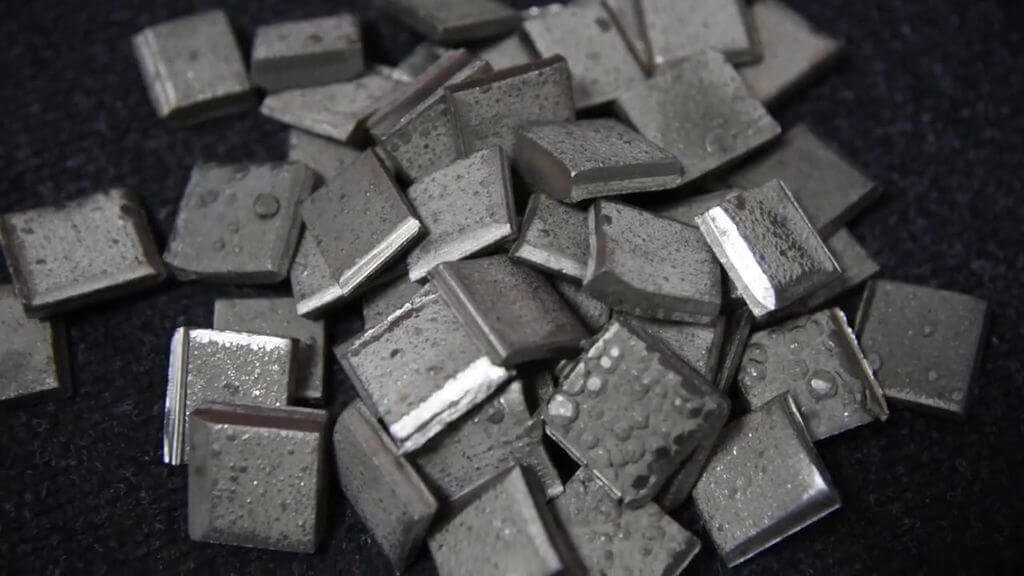The Indonesian nickel industry’s rapid expansion is significantly impacting the global nickel market, leading to a substantial drop in prices and challenging producers worldwide. The nickel price on the London Metal Exchange (LME) has plummeted by nearly half over the last 13 months. This downturn has prompted Australian mining companies like Wyloo Metals and BHP to announce closures or reductions in their nickel mining operations.
The surge in Indonesia’s nickel production is attributed to several factors, primarily a government-imposed ban on nickel ore exports since January 2020. This policy has led to a drastic reduction in exports, from 32.4 million tonnes in 2019 to just 1,405 tonnes in 2020. Chinese investors have played a crucial role in developing Indonesia’s nickel industry by investing significant capital, encouraged by supportive government policies such as a 15-year tax holiday.
Indonesia boasts substantial nickel reserves, with 55.1 million Ni metal tonnes of reserves and 174.2 million Ni metal tonnes of resources in 2022. Major nickel processing plants are located on Sulawesi, Halmahera, and Obi Islands, where advanced technologies like High Pressure Acid Leach (HPAL) and Rotary Kiln Electric Furnace (RKEF) are employed. This technological edge, combined with abundant reserves, allows Indonesian producers to efficiently process various nickel ores and adapt to market dynamics.
The Indonesian nickel industry’s growth is reshaping global supply chains, contributing to falling nickel prices on the LME and impacting other producers. For example, Wyloo Metals and BHP have had to adjust their operations due to competitive pressures from Indonesia’s cost-efficient nickel production.
Additionally, the burgeoning Indonesian industry influences cobalt prices globally, as HPAL plants in Indonesia produce substantial amounts of cobalt as a by-product. With numerous HPAL projects in the pipeline, Indonesia’s contribution to global cobalt supply is expected to increase significantly.
Despite geopolitical concerns and the upcoming general elections in Indonesia, scheduled for 14 February 2024, it’s anticipated that the country’s nickel industry policies will remain largely unchanged. Indonesia, holding the world’s largest nickel resources, is likely to continue its pivotal role in the global market, particularly as the world transitions towards greener energy solutions.






